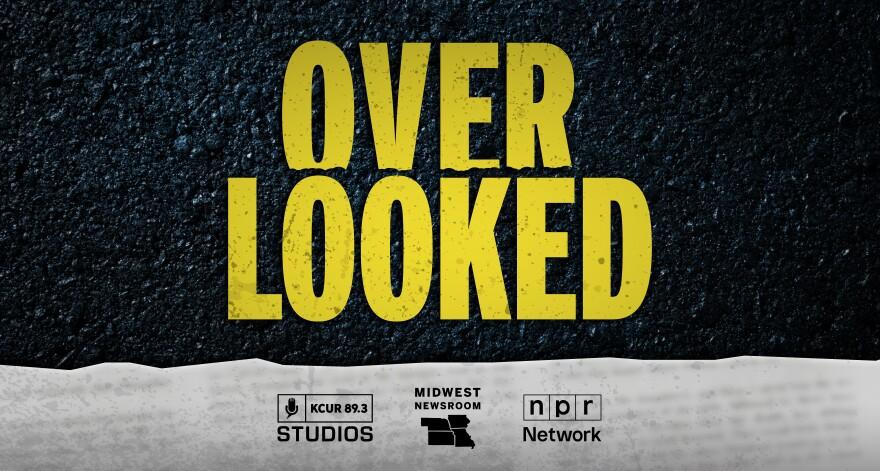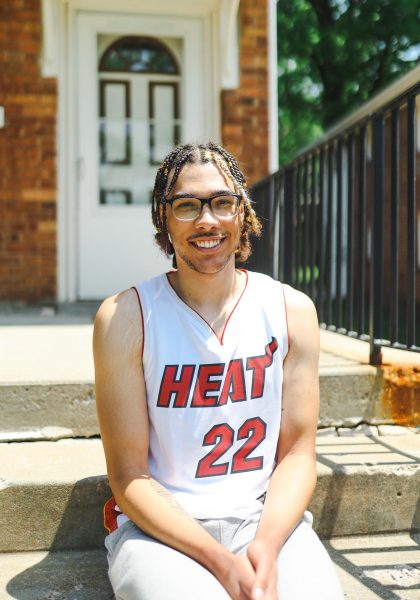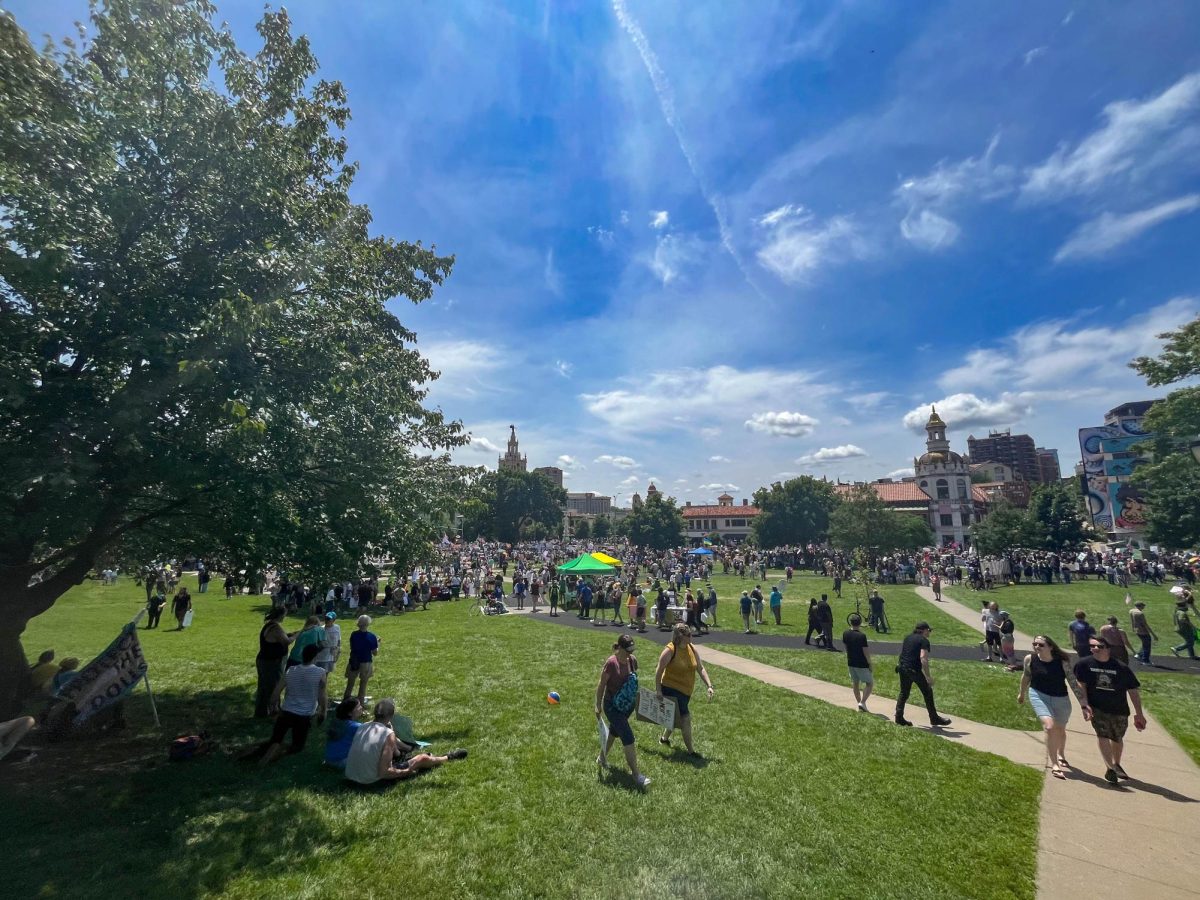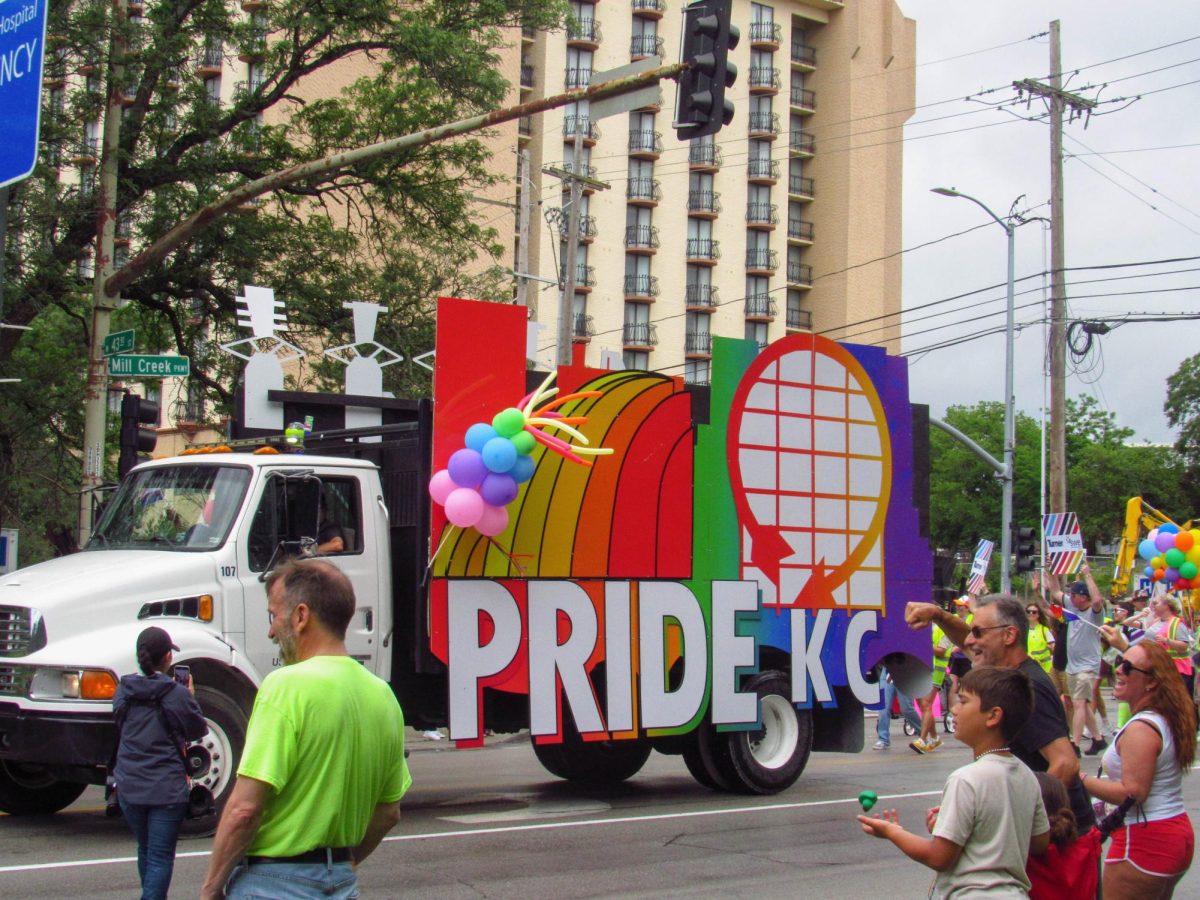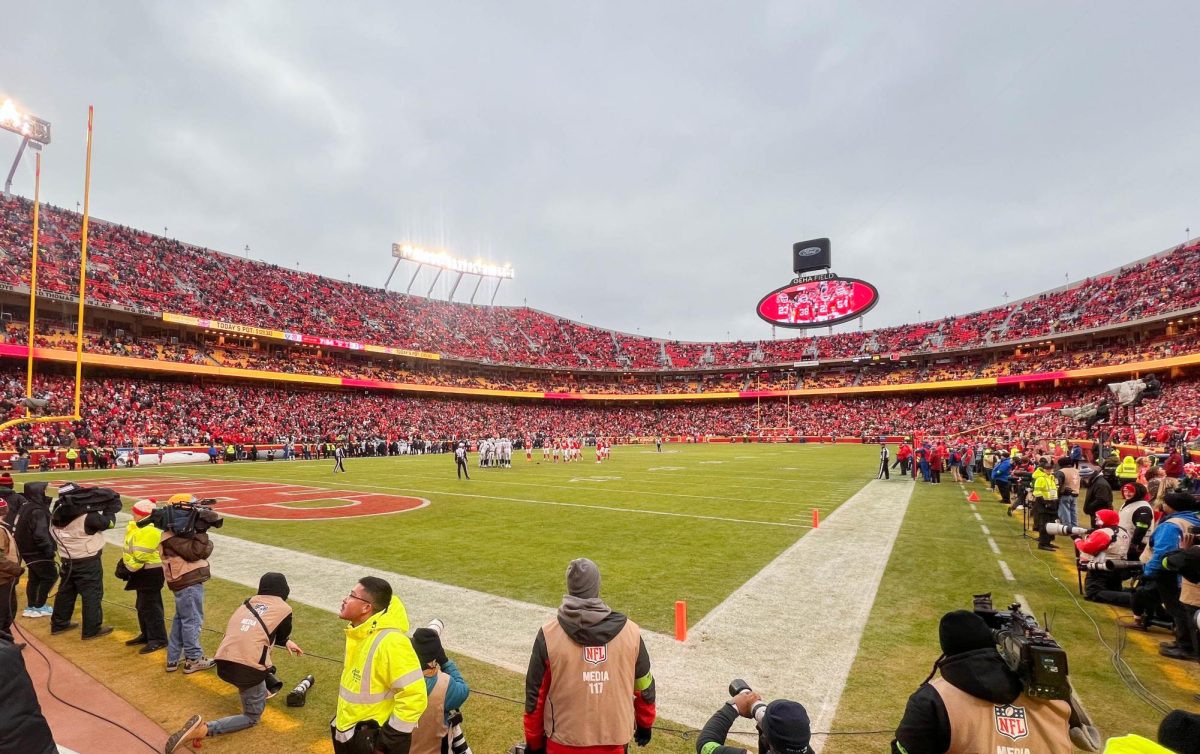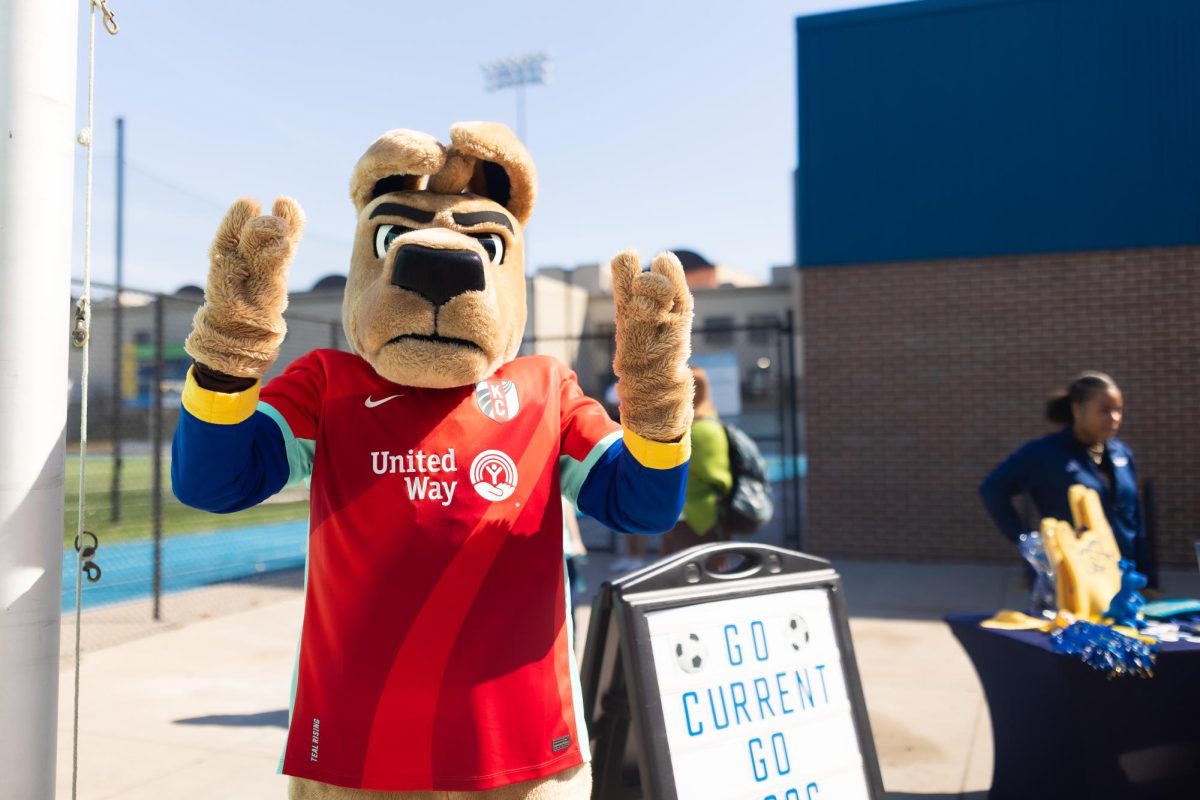KCUR’s “Overlooked” Shines Light On KCK Injustice
October 19, 2022
“Corrupt.” “Dirty.” “Systemic injustice.”
These words could describe former KCKPD detective Roger Golubski.
A sweeping pattern of countywide injustice traces back far before the September arrest of the disgraced detective. Critics say the police department continues to lack accountability. The long-lasting struggle for social justice and equality continues, and KCUR now offers a platform for the unheard voices and stories of KCKPD’s decade-long criminality.
In the new podcast “Overlooked,” investigative reporter and host Peggy Lowe amplifies the voices of victims to the KCK prejudice and Golubski’s crimes.
“We keep saying in the promos and the trailer that it was an open secret, but that’s exactly what it was,” Lowe said. “Everybody knew KCK was really screwed up. The FBI even investigated in the 80s and 90s and have detailed records on the enormous amount of civil rights violations that took place.”
“Overlooked” centers around Niko Quinn, a victim of Golubski’s corruption. The six-episode podcast includes interviews with Quinn, along with several victims and witnesses of KCK injustice.
With close ties to the story of Lamonte McIntyre — a Black man wrongfully convicted in 1994 of a double homicide, serving a 23-year-long sentence before his release in 2017 — Quinn testified against the defendant. After Golubski threatened Quinn and her family, she felt forced to lie on the stand. Quinn immediately felt remorse for her actions.
“As long as Lamonte was in there, I was in there with him,” Quinn said to KCUR. “That hurt.”
Using Quinn and McIntyre’s story as a focal point, the podcast creates a better understanding of systemic racism in the Kansas City area for listeners.
For two years the “Overlooked” team gathered police documents, collected witness accounts, edited and recorded episodes and more, only to start from scratch on Sept. 15: the day the FBI arrested Golubski.
“We were finishing writing up the last episode the morning that [Golubski] was arrested,” said Suzanne Hogan, one of the “Overlooked” producers. “Since he got arrested, it was a little bit of a scramble. But in some ways, the podcast still holds up. If anything it’s a little better.”
Golubski now faces six counts of deprivation of civil rights for sexually assualting two Black women on multiple occasions.
Since joining KCUR, Hogan has produced, announced and reported for various shows, working on “Overlooked” with her KCUR counterpart, Mackenzie Martin.
“We also talk a lot about the human impact, and Peggy’s done a really good job of interviewing a lot of victims and helping people understand,” Martin said. “We asked the question, ‘What does justice look like now?’ There’s a lot of discussion about the importance of holding people accountable, but also this understanding that even if someone is held accountable, it doesn’t undo decades of corruption.”
Martin, who joined KCUR in 2019, currently produces multiple shows, but the unique nature of “Overlooked” casts a large shadow.
“There’s really no way to get closure from something like this,” Martin said. “Whether or not you get a settlement, or someone goes to jail for a crime, the damage is just so much bigger than that.”
“Overlooked” is the first series of an investigative podcast for NPR’s Midwest Newsroom. The team anticipates for this type of audio-reporting to trend on a broader scale.
“Our hope is that people are really hungry for this kind of content locally, regionally [and] nationally, so that we can keep putting resources and money into doing this kind of work,” Martin said. “It’s not just about content, it’s about exposing crimes and truths. That’s fundamentally important to being a human.”
With two episodes already available, “Overlooked” can be found on all podcast streaming platforms. Listeners can anticipate the rest of the series in the near future.
“What’s great about this approach is that it really does feel like you’re hearing from people’s stories, their account and what it’s meant to them throughout their lives,” Hogan said. “That’s something that is really special about the way we’re bringing this story to life, because you’re actually hearing from people who maybe haven’t felt like they’ve been heard.”
zbvrk@umsystem.edu


